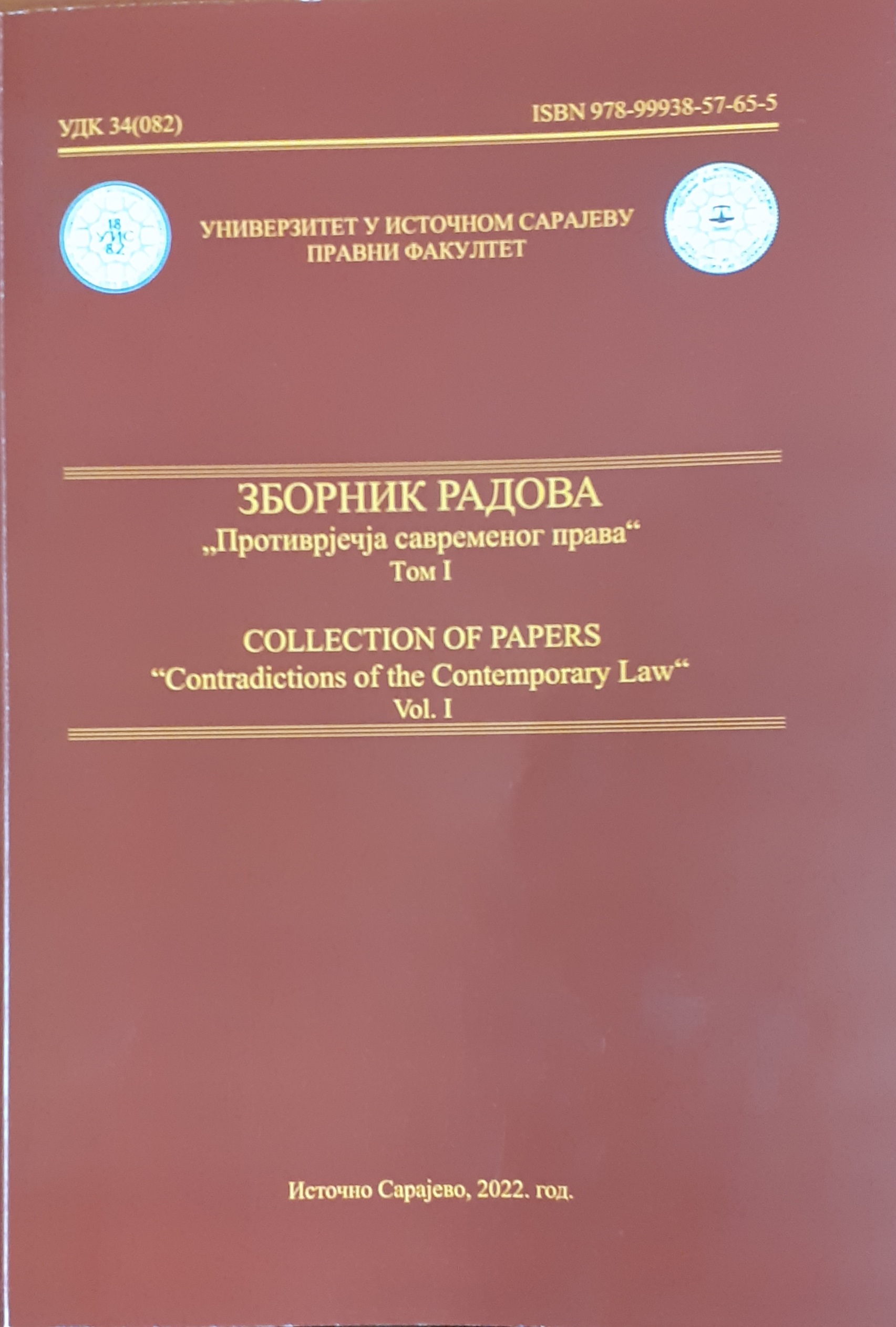The Principle of Sovereignty and International Criminal Tribunals for the Former Yugoslavia and Rwanda
The Principle of Sovereignty and International Criminal Tribunals for the Former Yugoslavia and Rwanda
Author(s): Milenko Kreća
Subject(s): Law, Constitution, Jurisprudence, Criminal Law, International Law, Governance, Criminology
Published by: Правни факултет Универзитета у Источном Сарајеву
Keywords: ICTY; ICTR; Security Council; Sovereignty;
Summary/Abstract: This paper deals with relevant issues related to the establishment and operation of the ICTY and ICTR. The start in premise is the principle of sovereignty in international law and its external form, i.e. suprema potestas. In this sense, the principle implies Independence within the norms of international law, as a counterpoint to absolute sovereignty. As far as the establishment of the ICTY and ICTR is concerned, both were established according to the same pattern, resolutions of the UN Security Council.As the ratio of the establishment, the relevant resolutions state the punishment of the persons responsible for the committed crimes, on the one hand, and the establishment and maintenance of peace, on the other. Differences exist, however, in the jurisdiction of the tribunal ratione materie. According to Resolution 827 of 1993, the competence of the ICTY is limited to serious violations of international humanitarian law, and the competence of the ICTR includes the crime of genocide. Furthermore, the author examines the issue of the legal effect of the Law on Cooperation with the ICTY, which was adopted by the State Union of Serbia and Montenegro in 2002 and 2003. The author finds that the effects of the Law are limited in terms of the recognition of the Tribunal in foro interno, as a legal basis for the cooperation of competent internal authorities with the Tribunal, without implying the recognition of the Tribunal in foro externo. Based on the provisions of the relevant resolutions of the Security Council, the author finds that, in the light of the provisions of general international law, the establishment of the ICTY and ICTR is, by its very nature, an unprovided form of international intervention in the context of peace-building. The author pays special attention to the question of the authority of the Security Council to establish judicial bodies within the measures provided for in Articles 41 and 42 of the UN Charter, the establishment of the Tribunal and the principle of the rule of law, and the jurisdiction of the Tribunal and the principle of competence de la competence. In the second part, this paper deals with the relationship between principle of sovereignty and the rules of international criminal law applies+d by the Tribunals.
Book: Зборник радова "Противрјечја савременог права" Том I
- Page Range: 1-19
- Page Count: 19
- Publication Year: 2022
- Language: English
- Content File-PDF

